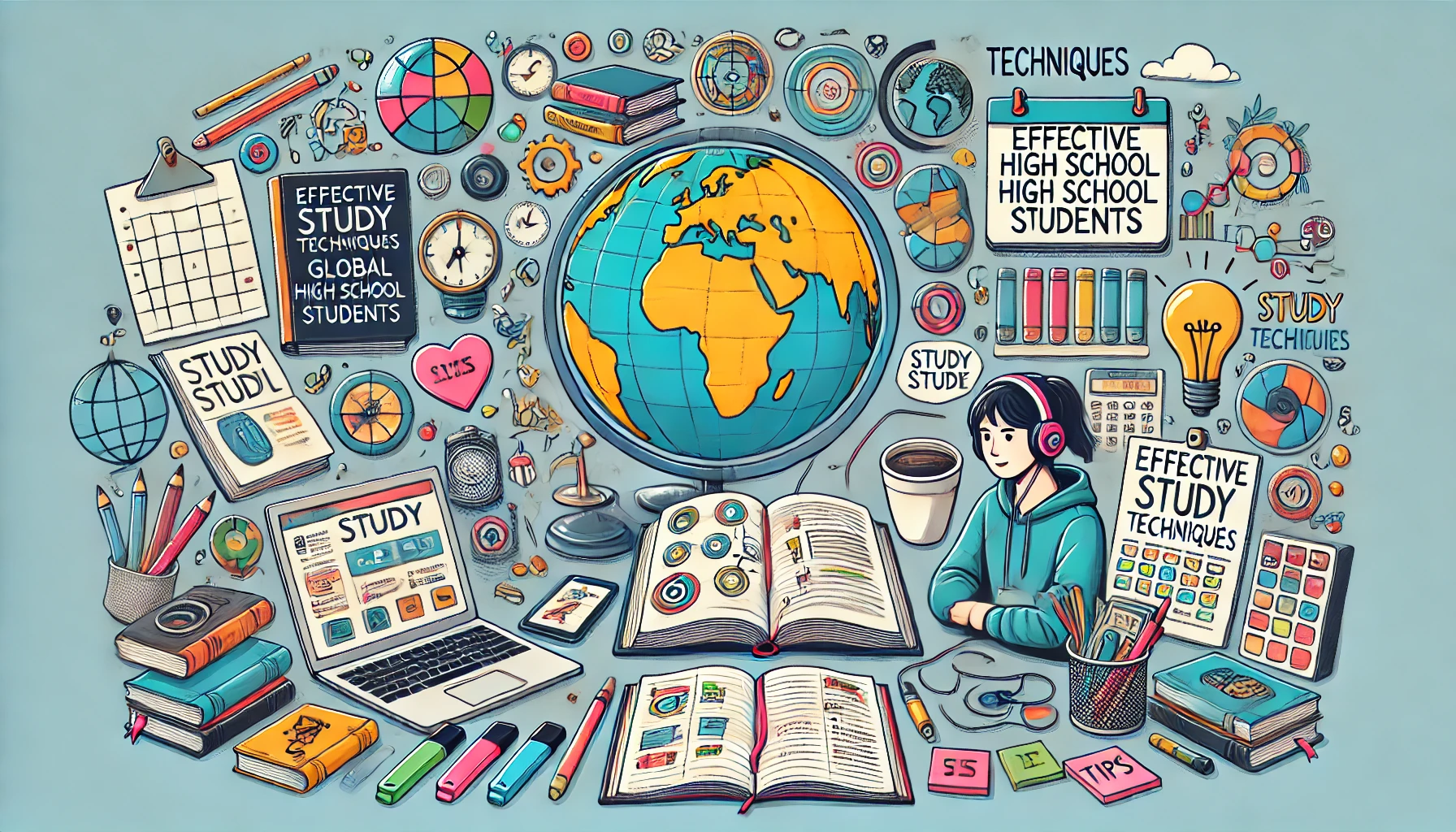

Maths Analysis and Approaches is one of the IB DP’s most popular subject with 40,000+ competing it in 2024. We interviewed one of our top Maths Analysis and Approaches tutors, Inès, about her experience in Maths Analysis and Approaches and how she got a 7.
Ines graduated from St. Leonard’s College in Melbourne in 2024 and achieved a 45. She is going to study Law at the University of Oxford.
What score did you achieve in IB Maths Analysis and Approaches?
I achieved a grade of 7 in Maths Analysis and Approaches SL.
How did you study for IB Maths Analysis and Approaches? What techniques did you use to study?
I started with worked examples to build a solid foundation, then gradually moved on to moredifficult problems. That progression helped me understand each topic deeply and preparedme to tackle a range of question types. Doing lots of practice questions also helped merecognise common patterns – which makes a big difference in exams, especially whenyou're faced with tricky or unfamiliar problems.
What is your advice for Maths Analysis and Approaches students for the IA?
My biggest piece of advice is to really focus on the mathematical communication marks.These marks are often underrated but can boost your grade – and they’re achievable. Yourgoal should be to make your IA as easy to follow as possible. Think about how to presentyour work in a clear, reader-friendly way: use diagrams (but only when they’re genuinelyhelpful – no need to clutter it with visuals that don’t add anything), neat and well-labelledgraphs, and concise tables.
Make sure you walk the reader through your thinking step-by-step. Someone with zero prior knowledge of your topic should still be able to follow your logic. That means explaining your reasoning clearly at each stage, not assuming the reader will just “get it.”
The structure of your IA plays a big role in this. It should take the reader on a logical journeythrough your investigation – from your rationale to your method to your conclusion – withno jumps or gaps in reasoning. I’d definitely recommend getting someone else to read itthrough (someone who doesn’t already know what you’re trying to say) and asking ifanything’s unclear or feels out of place.
And finally – don’t gloss over your evaluation. A good mathematician isn’t just confident in their model – they’re also aware of its limitations. Be critical of your methodology. Point out flaws in your model or assumptions you made, and think about how those affect your results. Showing that level of reflection is just as important as the reasoning itself – it shows depth and maturity in your understanding.
The IB Diploma Programme’s Maths: Analysis and Approaches offers a challenging curriculum focused on abstraction and problem-solving. This guide covers its structure, syllabus, and skills, ideal for students and parents alike.
What is your advice for Maths Analysis and Approaches students for the end of year exams?
Past paper questions are essential. IB examiners have very specific expectations when itcomes to how you communicate mathematical reasoning and structure your methodology,so it’s super important to get familiar with both the question styles and the mark schemes.
Focus especially on the tougher Part B questions in both Paper 1 and Paper 2. These tend to be more open-ended and unpredictable, requiring much more critical and creative thinking. Flexibility is key – it’s not just about knowing the math, but about being able to adapt your thinking and apply concepts in unfamiliar ways. The more you practise this kind of problem-solving, the better prepared you’ll be. Also, for paper 2, learn how to use your calculator really well! This is crucial to ensure you can answer all questions.

Do you have any resources that you would recommend?
Revision Village is amazing for building a strong question bank – which is crucial for maths.It’s also super helpful for understanding past paper mark schemes (which can be pretty vague), and the step-by-step video explanations are great when you’re stuck. I also used Desmos for graphing, especially when working on my IA – it's simple but really effective for visualising functions and transformations.
❗Top IB Tutors has a partnership with Revision Village. If you want a tutor who has access to Revision Village, please complete an application today.
What separates an average student from a good student from a great students in IB Maths Analysis and Approaches?
An average student usually has a solid enough grasp of the syllabus to handle most Part Aquestions – these are more straightforward and often similar to what you’ve practisedbefore. A good student goes further, confidently tackling the trickier questions within eachtopic through consistent practice.
But a great student stands out in their ability to solve unfamiliar, higher-order thinking questions – especially the tougher Part B ones. They’ve not only mastered the content, but can also think flexibly, apply concepts creatively, and clearly communicate their reasoning under pressure.
How did you balance study with the rest of your life in the IB DP?
One of the best things I did was form a study group with a few friends. We’d quiz each other,explain confusing topics, or just work alongside each other for motivation. That accountability really helped me stay on track. I also used focus tools like the Forest app to keep my phone out of sight and set specific goals for each session so I wasn’t just studying aimlessly. Honestly, having even just a little system makes a big difference. Study with intention – it’ll save you so much time and stress.





